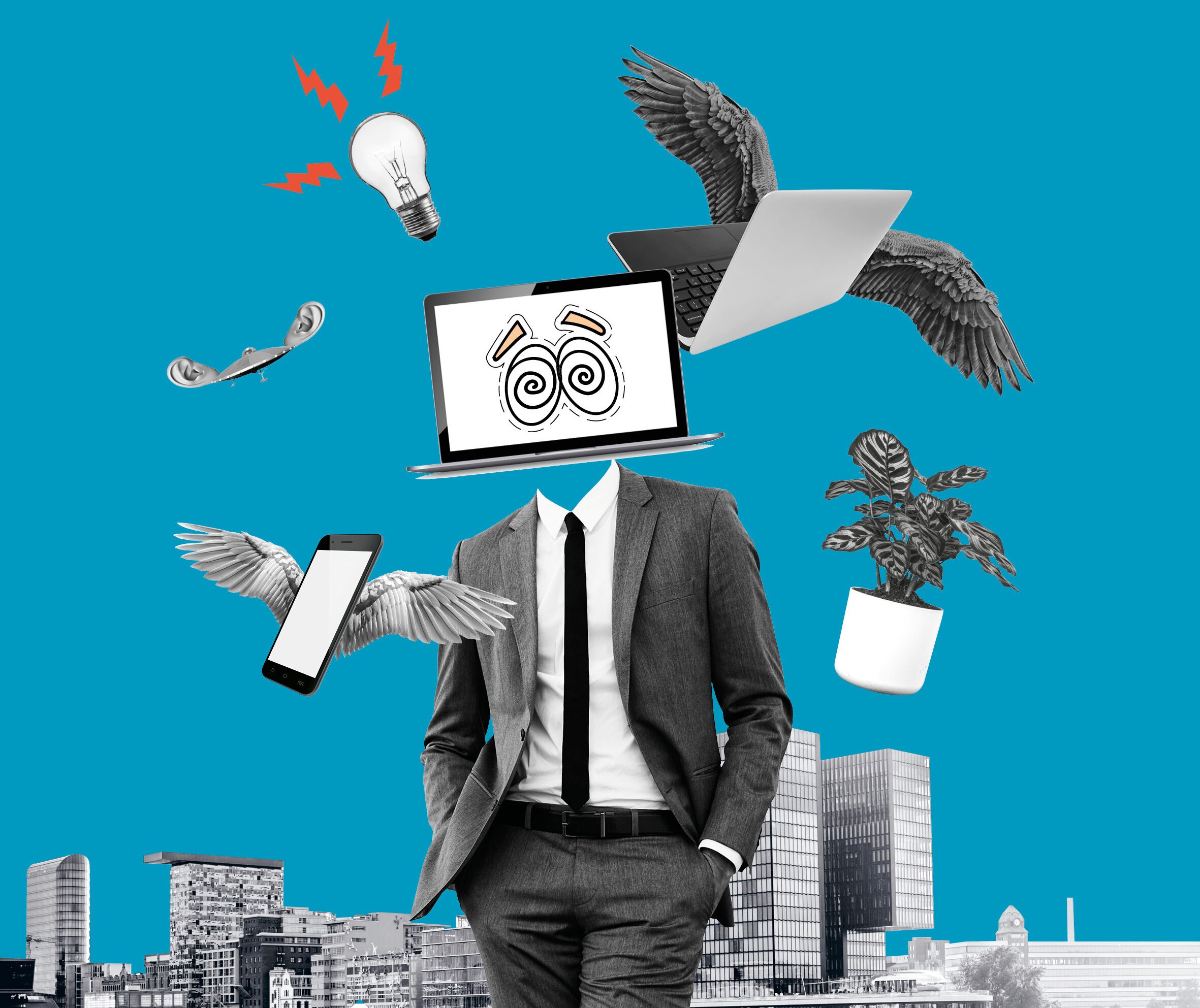BUILDING THE FUTURE
Issue 02/2021
Düsseldorf is a city of stunning architecture. And a rapidly growing place on a relatively small area. An urban planning vision aims to provide answers to how people can continue to live and work well under these conditions in the future.
European metropolises such as Copenhagen, Paris or Oslo are leading by example: they are well on the way to become climate neutral cities. Which concepts does Düsseldorf have in order to follow their lead?
Maximum freedom in Derendorf or art and culture in the ‘hood’ in Flingern – these are just two examples of current projects, which aim to make Düsseldorf a city even more worthwhile to live in over the next few years. But in order for mean-ingful urban development to be successful a lot of communication is necessary. One platform for this is the polis Convention, Düsseldorf’s regional trade fair for urban- and project development. VIVID talked with its founder, Professor Johannes Busmann.
Digitalisation, a push towards eco-mobility and urbanisation: architecture during the times of the pandemic is moving in the force field between social change, postponed projects and visions of the future. VIVID asked architects in Düsseldorf what their ideas are for the city after the pandemic.
From AI-based building management systems to sustainable organic fertiliser: the local start-up scene is defying the crisis with forward-looking business models. VIVID presents three of them.
Smart technologies are an important part of the digital transformation, also in the real estate sector. Art-Invest Real Estate has therefore launched the AIRE SmartLab to transform innovative technologies into concrete office solutions.
One of the women who have achieved great renown in the art scene is Katharina Sieverding. Since the 1970s, she has been creating large-format montages on current social issues. Her best-known works include the photographic work “Schlachtfeld Deutschland” (Battlefield Germany) from 1978, a statement on the RAF era, and the poster campaign “Deutschland wird deutscher” (Germany becomes German) in 1993 in Berlin, which addressed the radical right-wing attacks after the fall of the Berlin Wall. An interview with the artist about art in times of the pandemic, her teacher Joseph Beuys and her political statements.
As Director General of the Japan External Trade Organization JETRO Düsseldorf, Dai Ueda acts as a link between German and Japanese cooperation partners. In October 2020, the Tokyo native was sent to the state capital for the second time to promote foreign direct investment to Japan as well as the export and expansion of Japanese small and medium-sized enterprises in foreign markets. The 58-year-old passionate hobby violinist and Robert Schumann fan lives here with his wife and daughter.
The office is experiencing a (identity) crisis: remote working calls for a re-design of labour in the traditional sense and hybrid models that combine digital and physical presence. In future there will still be work spaces. Just not in the shape and form we are used to.
As artistic director, Michael Becker has since 2007 provided the Tonhalle Düsseldorf with a profile that is unique in Germany. VIVID editor Rainer Kunst spoke with the musician and journalist about concert hall business in times of the pandemic, the art of simple communication and a rather loyal international audience.
Düsseldorf wants to become climate-neutral by 2035 – hydrogen could also contribute to this. It is considered an energy talent. Several projects in the region are working on how it can be used in an ecologically and economically sensible way.











